#ancient hebrew
Text
"You want a receipt? Fine, I'll give you a receipt. Take that home on your donkey"
8 notes
·
View notes
Text
How the Torah describes patriarchal wives in Genesis.
Rebekah

Rebekah arrives in Genesis 24,
Collecting water for the house hold. She is "very functional of appearance", the servant looking for a wife for Isaac notes. This is not just a physical observation but also her character. She is everything he is looking for especially when he finds out she is from Abraham's family.

Rachel. In Genesis 29 Jacob is looking for a wife. He meets Rachel and her sister Leah and Rachel is "beautiful of form and appearance." So again her character is pleasing but also looks attractive.

Leah. The translation in Genesis 29:17 says her "eyes were tender (or weak)". This has nothing to do with her sight but more to do with how men saw her. Isaac's eyes glossed over Leah and met with Rachel's, Leah was plain, and this was how ancient Hebrew vocabulary was used.
These descriptions don't often appear in modern translations but have come from mechanical translations, going back to ancient Hebrew texts.
Thank you to jw.org for the illustrations.
Torah references from mechanical-translation.org
5 notes
·
View notes
Text
I love you people going into "useless" fields I love you classics majors I love you cultural studies majors I love you comparative literature majors I love you film studies majors I love you near eastern religions majors I love you Greek, Latin, and Hebrew majors I love you ethnic studies I love you people going into any and all small field that isn't considered lucrative in our rotting capitalist society please never stop keeping the sacred flame of knowledge for the sake of knowledge and understanding humanity and not merely for the sake of money alive
#classics#mythology#ancient greek mythology#ancient roman mythology#comparative literature#latin#hebrew#ethnic studies#fuck capitalism#communism#i love my useless degree idc#academia#university#dark academia#Greek#philosophy#liberal arts#humanities#women and gender studies#cultural anthropology
35K notes
·
View notes
Text
Walking Backwards Into the Future
I love the idea of looking forward into all that God has done in the past and trusting Him with what is behind me that I can't see (the future). This is a very unique view of the past I'm learning from the perspective of Biblical writers.
As we walk into the new year, I believe the ancient Hebrew perspective of walking backwards into the future is a nice approach. Some I dearly love may prefer the modern perspective of leaving the past behind and looking forward to the future. They would say, “Forget about 2022. Let’s move on already!” I would say, “Whatever happened to bring joy or sorrow, let’s fix our gaze on the acts of God on…

View On WordPress
#2023#Ancient#Ancient Hebrew#Ancient Hebrew Culture#Ancient Hebrew Language#Ancient Hebrew Philosophy#Ancient Hebrew view of time#celebration#circular#circular view of time#east#event-oriented#faithful#front#future#future is behind#God#God cares#God is faithful#God is good#God is trustworthy#God loves me#God takes care of me#God takes care of my life#hahher#Happy New Year#Hebrew Language#history#I can trust God with the new year#joy&039;
1 note
·
View note
Text
Just discovered that Henna is also a jewish(israelite) thing and that the henna plant was in the torah and that it symbolizes forgiveness and absolution. I thought it was an arab thing and mizrahi jewish traditions but no its full jewish tradition and symbol!!

Ngl it kinda makes me giddy inside to discover new(for me) native ancient jewish traditions that doesn't fall with the diaspora
#israel#jumbler#am israel hai#jewish#jews#ישראבלר#Hebrew#israelites#Ancient israel#Ancient jews#jewish traditions#jewish history#Judea#יהדות#עם ישראל חי#עם הנצח#jumblr#Henna#Torah#Jewish bible#Bible#History#traditions#I love the jewish nation#diaspora
77 notes
·
View notes
Text

The Israelites Leaving Egypt, David Roberts, 1828 or 1830
#art#art history#David Roberts#historical painting#ancient history#Ancient Egypt#religious art#Biblical art#Christian art#Christianity#Old Testament#Hebrew Bible#Torah#Pentateuch#Exodus#Book of Exodus#Orientalism#Orientalist#Orientalist art#British art#Scottish art#19th century art#oil on canvas#Birmingham Museum and Art Gallery
194 notes
·
View notes
Text
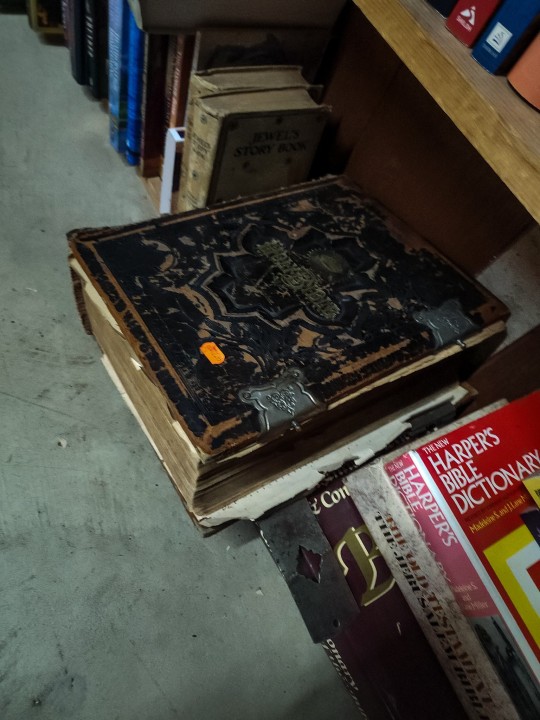
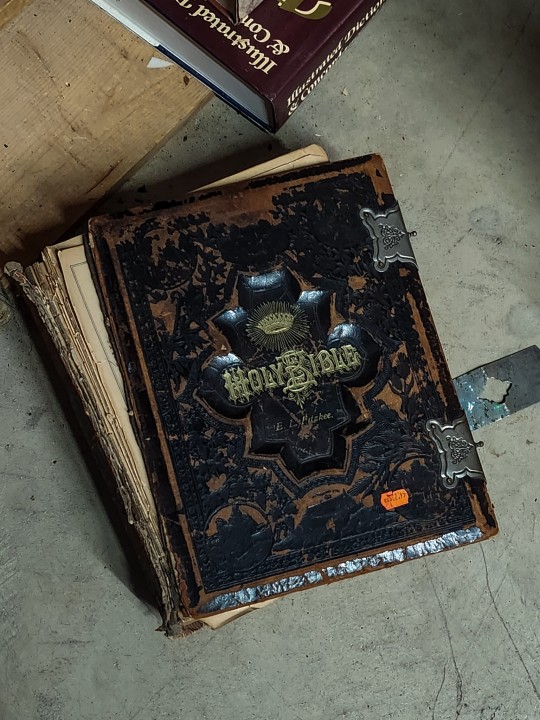
how is this place selling this decrepit bible for $62 theres literally no spine left
191 notes
·
View notes
Text

Painting from some years ago I made of a Hebrew Tribal Leader. Artwork was made for my worldbuilding, set in the Bronze Age Levant and explores the different contemporary cultures and mythologies.
I havent posted quite a bit for my worldbuilding, as I decided to explore different subject matters for the foreseable future. (Avatar, Dune, and more to come). Once the time is right and my visual library has grown, I will revisit the worldbuilding and the ancient Levant.
Hope you are doing well,
JCH
#dungeons and dragons#board games#concept art#fantasy art#tabletop games#magic the gathering#digital painting#character design#ancient history#armor#ancient israel#jewish#hebrew#biblical#ancient egypt#ancient assyria
39 notes
·
View notes
Note
To follow up the full art, how about a full name?

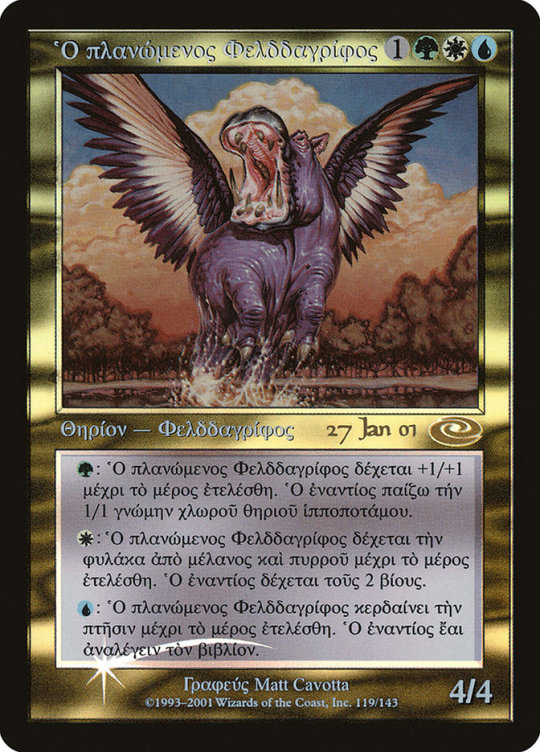
#[for fun]#[identified]#ancient greek? ancient greek card?#i knew the hebrew one but just cuz one of my only mtg buddies is jewish#there's also latin arabic and sanskrit one-off promos from 2001#is there a reason for that?
40 notes
·
View notes
Text
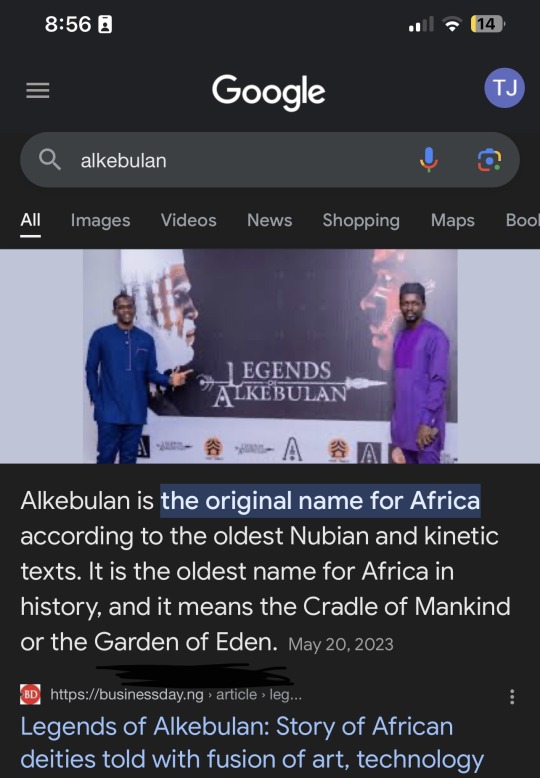
Dear Hoteps,
When y’all taught us the original name of Africa was Alkebulan. You conveniently left out the fact that Alkebulan means the Garden of Eden.
I wonder why? 🥱🤔
#stopping running from this#hebrew#shit and come home#😂😂😂😂#Africa#Egypt#ancient egypt#kemet#ancient kemet#hotep#favorites#alkebulan#black history#black history month
22 notes
·
View notes
Text
Falsettos fans will really just Google "____ in hebrew" "jewish ____" and post the first result as a 'headcanon'
#Jason doesn't speak conversational hebrew??#he speaks English prays in Ancient Hebrew and maybe knows a bit of Yiddish#jewish characters have nuance#they don't just do 'the jewish thing'#falsettos
21 notes
·
View notes
Text
Being a historian can be a lot like being a detective, there are lots of mysteries to solve. For over a century the Hebrew code on this German crossbow has puzzled scholars.
26 notes
·
View notes
Text
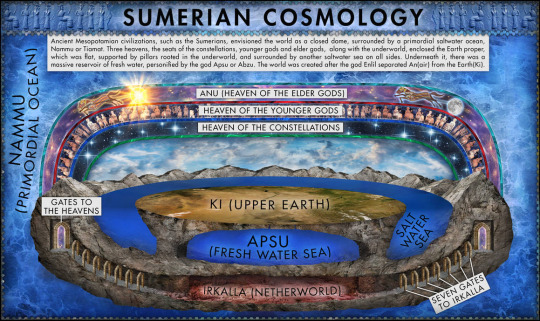

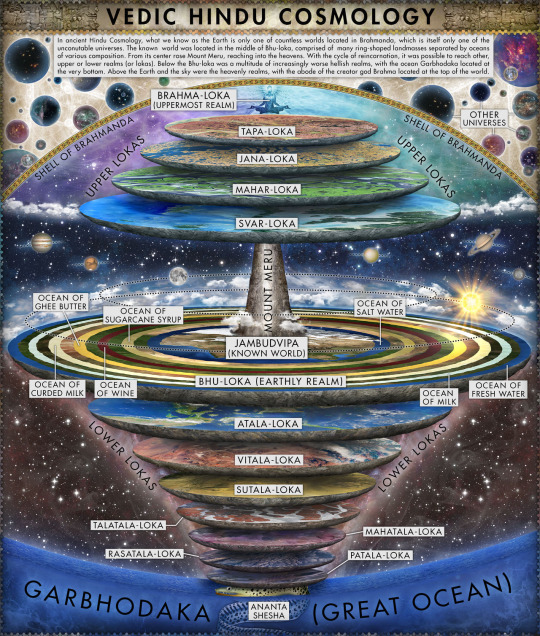

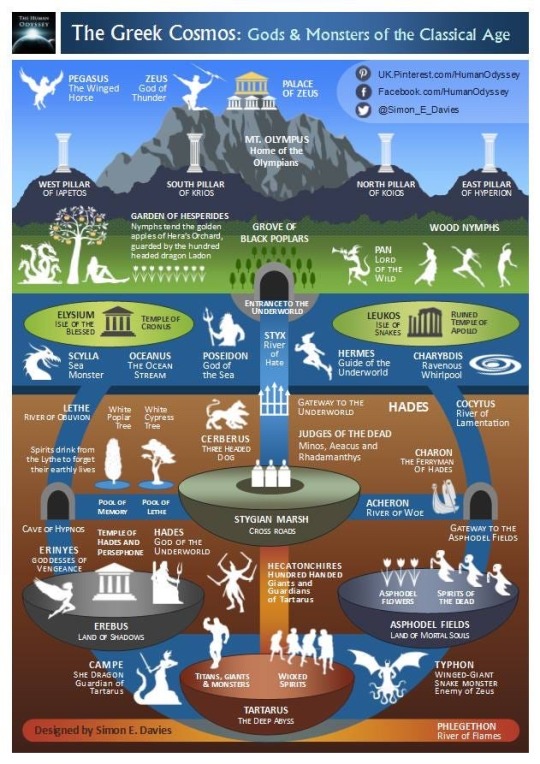

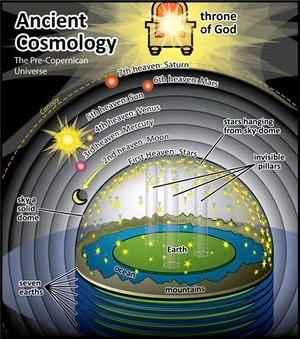
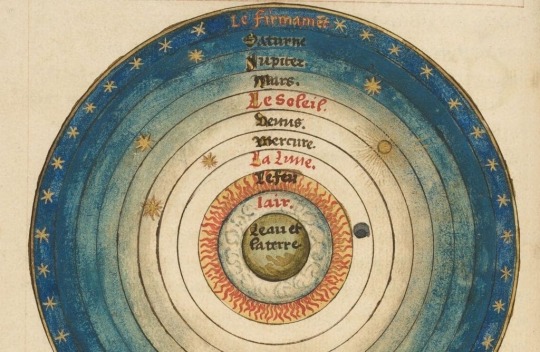


Cosmology
Both ancient and modern.
#Sumerian#Egyptian#Hindu#Hebrew#Greek#Norse#Islam#Scholastic#the Big Bang#the known Universe#cosmology#ancient cosmology#modern cosmology#religion#myth#mythology#science#Sumerian Cosmology#Egyptian Cosmology#Hindu Cosmology#Hebrew Cosmology#Greek Cosmology#Norse Cosmology#Islamic Cosmology#Pre-Copernican Cosmology#Scholastic Cosmology#scientific Cosmology
34 notes
·
View notes
Text
aziraphale being shit at lying but getting away with everything anyway makes so much more sense during the fucking hilarious ass bildad the shuhite scene where gabriel not only doesn't give a shit but doesn't think it's possible for anyone to lie to him. like. i got it before but now i get it get it. the whole job extended flashback storyline is just so perfect.
#i am really trying to focus on the bits i like about good omens 2 bc there are a lot of them#and the vicious impotent rage and betrayal i feel at the finale needs time to leave me slowly#like the fuckin frozen peas? that shit is excellent#the fuckin tire iron lookin thing being the thing that starts the engine on creating a nebula?#chef kiss#and the FLASHBACKS?????#UGHUFHJ#i loved so many of the little details and vibes#that it ultimately made it so much worse when it just.#did. the thing it did.#good omens#good omens 2#good omens 2 spoilers#original post#rant#tagpost#fr i am going back into my 'the hebrew bible in an ancient near east context' class notes#to look up more shit about job#bc i fuckin know they hid a few easter eggs in there#good omens is nothing if not cleverly disguised biblical literary analysis
30 notes
·
View notes
Text

In a region known for its ancient wonders and historical significance, there exists a natural marvel that defies conventional understanding – the Dead Sea.
This extraordinary body of water, nestled between the rugged landscapes of Jordan and the historical land of Israel, has captivated the human imagination for centuries.
What sets the Dead Sea apart are the truths that have been etched into its very essence through time:
A Saltwater Enigma: The Dead Sea holds the title of being the saltiest body of water on our planet. Its salinity is nearly ten times that of regular seawater, rendering it nearly uninhabitable for most aquatic life. This remarkable salinity is why it's called the "Dead" Sea, as few organisms can endure its extreme conditions.
A Bounty of Minerals: Beyond its salinity, the Dead Sea is enriched with a treasure trove of minerals, including magnesium, calcium, and potassium. These minerals have been coveted for centuries for their therapeutic and cosmetic benefits, drawing people from far and wide in search of their healing powers.
Nature's Remedial Spa: The Dead Sea has long been celebrated for its medicinal properties. Its mineral-laden mud and waters are believed to provide relief for various skin conditions, from psoriasis to eczema. Additionally, the unique atmospheric conditions surrounding the Dead Sea, characterized by low allergen levels and high oxygen, have been reported to positively impact respiratory ailments.
The Magic of Buoyancy: Thanks to its remarkable salt content, the Dead Sea offers an otherworldly swimming experience. Floating on its surface becomes effortless, a sensation that leaves you feeling weightless and buoyant, a feeling akin to no other.
A Tapestry of History: The Dead Sea region weaves together threads of ancient history. It's said to have offered refuge to the legendary King David and is believed to be the site of the biblical cities of Sodom and Gomorrah. This deep historical and geological significance adds layers of intrigue to its story.
The Shrinking Wonder: Yet, paradoxically, the Dead Sea is vanishing. Human activities, such as mineral extraction and the diversion of water from the Jordan River, its primary source of replenishment, have led to alarming drops in its water levels. Today, conservationists are working tirelessly to stabilize and protect this natural wonder before it's altered irreversibly.
The Dead Sea's enigmatic salinity, its healing embrace, and its ancient tales make it more than just a geographical wonder. It's a place of mystery and fascination, a testament to the intricate balance between human influence and the enduring power of nature.
#hebrew#learnhebrew#israel#dead sea#the Dead Sea#middle east#ancient history#sea#language#hebrew langblr#language learning#langblr#langblog#hebrew language
17 notes
·
View notes

